Two weeks ago today, we celebrated Easter, the great feast of our salvation, when Christ rose victorious over sin and death. Today, two weeks later, the question is, “So now what?”
In today’s Liturgy of the Word, three different audiences hear the same message. In the first reading, Peter is speaking to a Jewish audience. This audience has just witnessed Peter and John stopping at the Temple Gate to cure a crippled man in the Name of Jesus. These folks were used to seeing the man crippled, and for them, in that culture, at that time, being crippled meant that his life was steeped in sin. So seeing the man cured meant also that his sins were wiped away. The reading we have from Acts today follows that story and in it, Peter teaches that audience about the meaning of Jesus’ death and resurrection and exhorts them to repent and be converted, in order that their sins, too, might be wiped away.
In the second reading, John is writing to his community, obviously an audience of Christians. In that letter, John exhorts the community to avoid committing sin and to keep God’s commandments. But because he knows that we are all weak human beings, he knows that sin happens, and so he encourages them by reminding them of Jesus Christ the righteous one, who is our expiation, who wipes away sin.
In the Gospel, the audience is the disciples. Jesus enters their midst and they are terrified, thinking they’ve seen a ghost. After inviting them to touch him and after eating some cooked fish to let them know that he is not a ghost, but a real person, Jesus opens their minds so that they can understand all of the Scriptures that prophesied about his life and ministry. He then encourages them to go out and preach repentance so that people’s sins might be wiped away.
It almost sounds like a Lenten message, doesn’t it? All of the readings speak of sin. But the difference here is that all of the readings speak of sin wiped away. And all of the readings speak of that wiping away coming about through the death and resurrection of Jesus. Through the Paschal Mystery, the blackboards of our lives are wiped clean so that a new story, free from the effects of sin and death, can be written about us in the Name of Jesus Christ.
So, probably most of us undertook some form or forms of penance for Lent. We gave something up, gave money to the poor, spent more or more quality time in prayer, those kinds of things. And that’s great; those penitential practices helped to prepare us for the joy of Easter. During Easter, though, we quite rightly replace all the penance and fasting with joy and feasting.
But we definitely shouldn’t give up reforming our lives for Easter. Because the “so now what?” of Easter is that we truly believe things have really changed. We believe that Jesus Christ died a cruel death and rose gloriously triumphant over that death. We believe that His death and resurrection repaired our broken relationship with God and allowed us to experience the joy of salvation. We believe that the Paschal Mystery is what makes it possible for us to live one day with God in heaven. None of that was possible before Easter.
So I think we should continue to reform our lives during Easter, perhaps by continuing some of our Lenten practices, or maybe even better, by building on them. Because the idea is to not return to our old patterns of sin. If the things we gave up were obstacles to living a life guided by Christ in the Holy Spirit and obstacles to living in community with others, we shouldn’t be so quick to go back to them. If the works of charity, service and almsgiving we did helped us to be more aware of our many blessings and more aware of the needs of others, maybe we should look for ways to continue to grow in those virtues. If our new practices of prayer helped us to grow closer to God and nourished our spiritual lives, maybe we should make room for that kind of prayer more often than just during Lent. Because with the blackboards of our lives wiped clean of sin, we don’t want to go back and write the same old story.
So what is the story that we should be writing on those clean slates? The Gospel tells us today: the story of the God’s forgiveness. That story goes something like this: Like the people in the first reading, we are called to live reformed lives. Like the people in the second reading, we must be obedient to God’s command of love. And like the disciples in the Gospel reading, we are called to go out and preach forgiveness of sins.
So for all of us, preaching forgiveness is going to look different. It’s going to mean putting faith into action. That might mean working to put aside the petty family squabbles, or even the significant family squabbles, that divide us. That might mean forgetting the hurts and the offenses we’ve endured so that we can repair our families and communities. It might mean that we are the ones who make the phone call to a friend even when we’ve done that a hundred times and they’ve seem to have lost our phone number. Perhaps it even means swallowing our own pride and asking for forgiveness for something that wasn’t entirely our fault. Forgiveness of sins is preached by the Church – which, brothers and sisters in Christ, is all of us – living forgiveness day in and day out.
Two weeks ago today, we celebrated Easter, the great feast of our salvation, when Christ rose victorious over sin and death. Today, two weeks later, the question is, “So now what?” After today’s Liturgy of the Word, I think we all know the answer to that question. The new question is, will we do it?
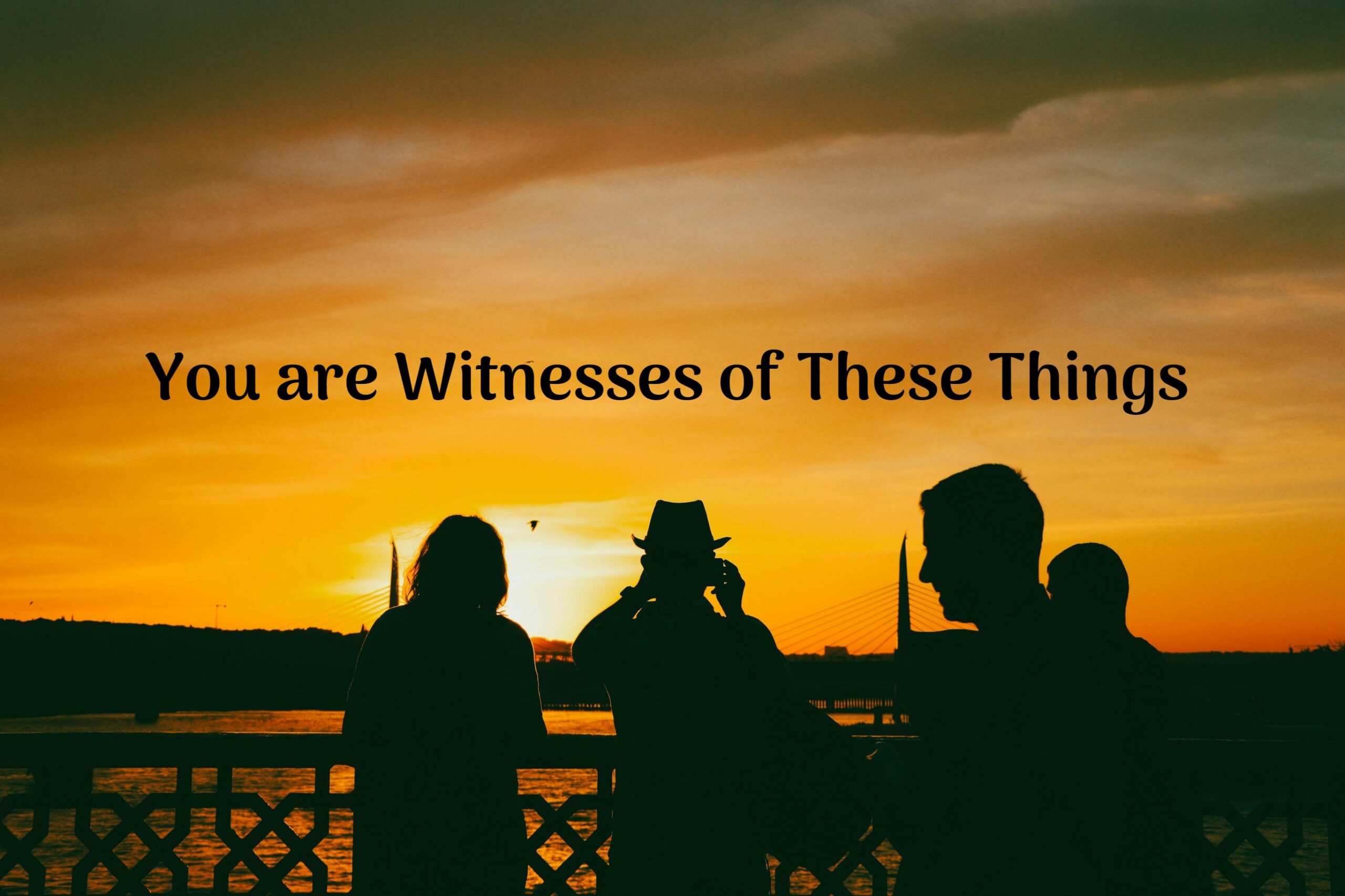
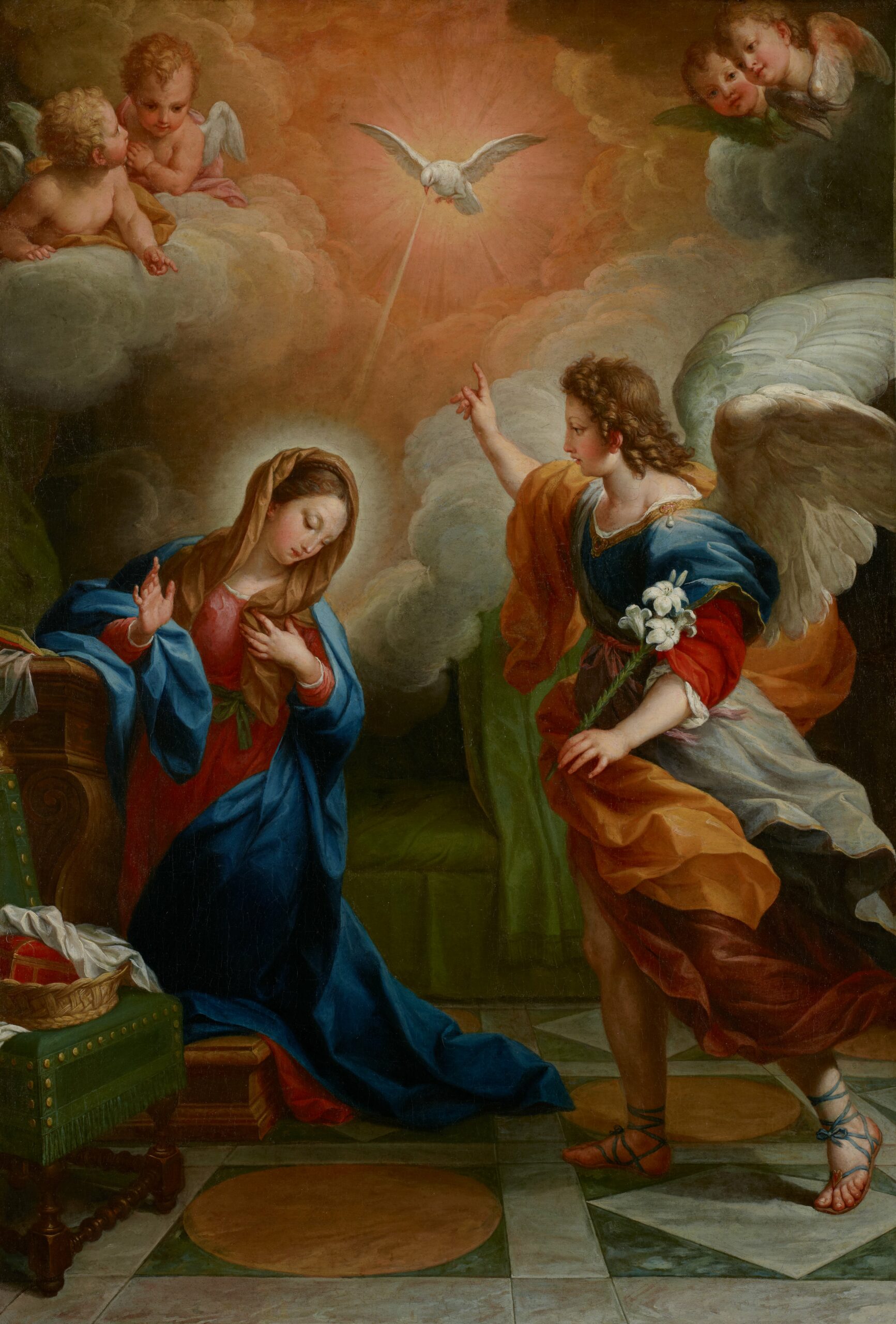
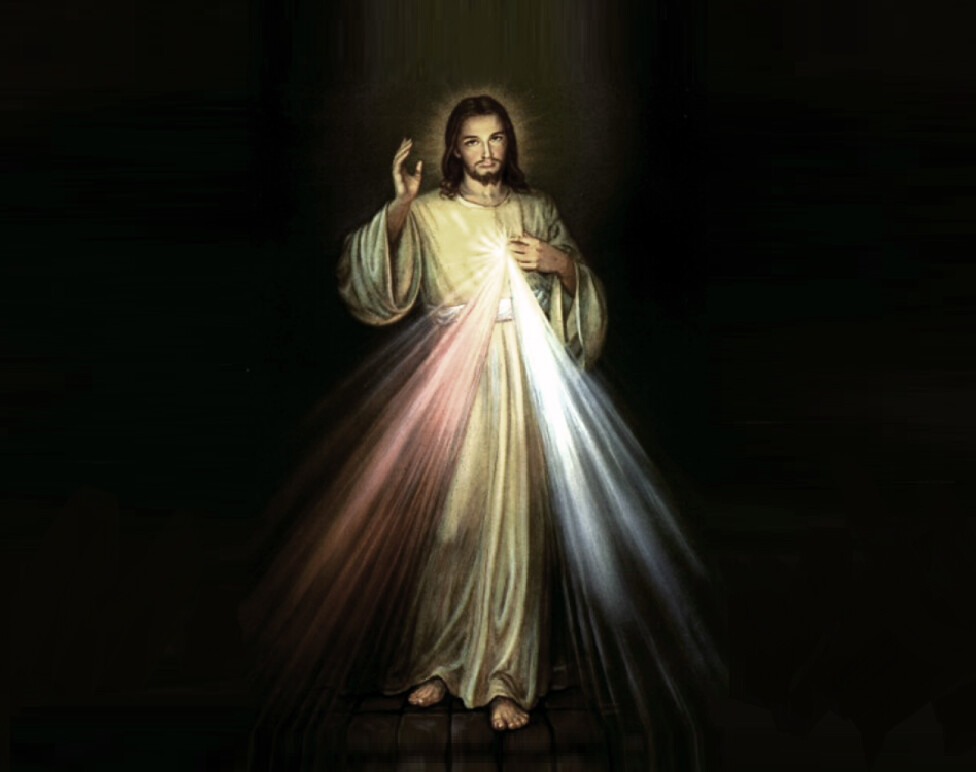
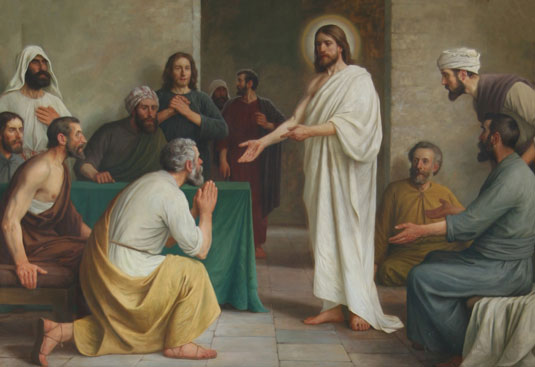
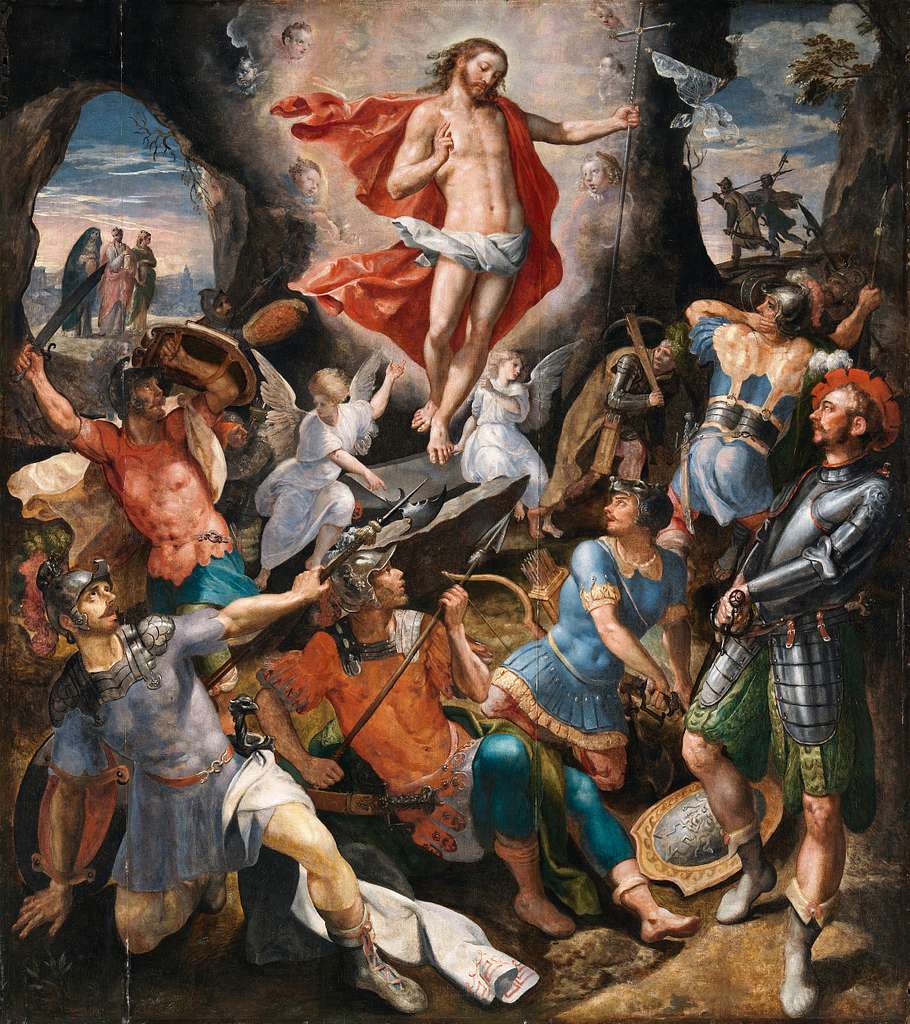
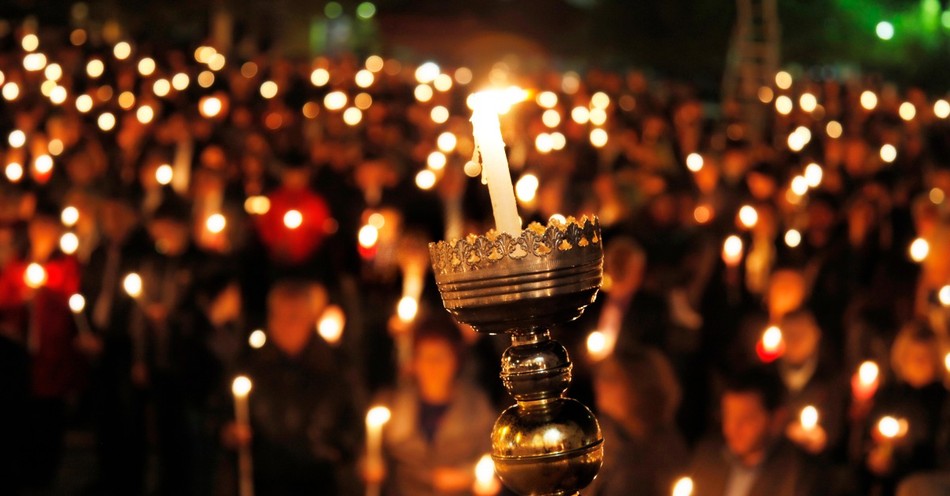

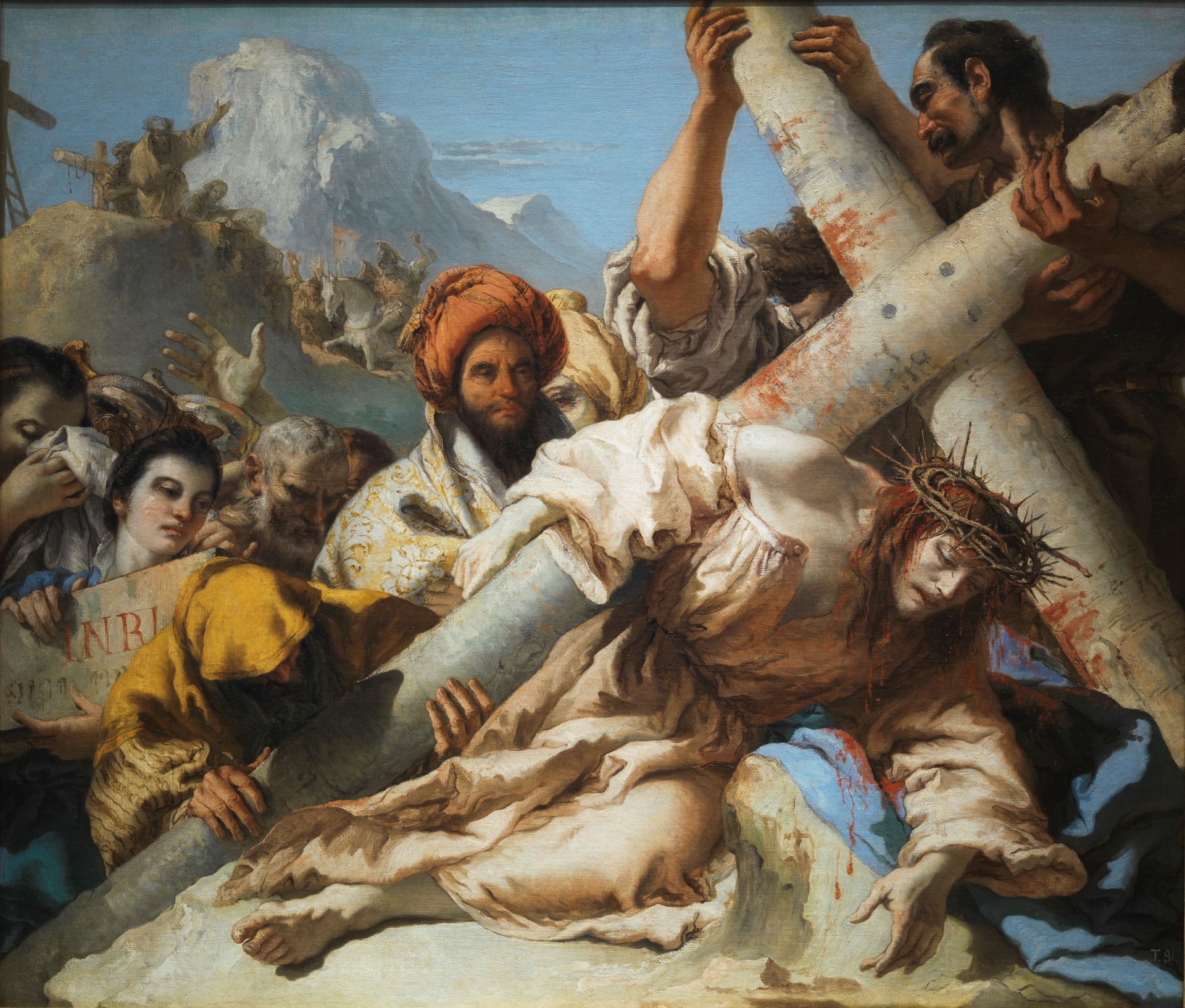
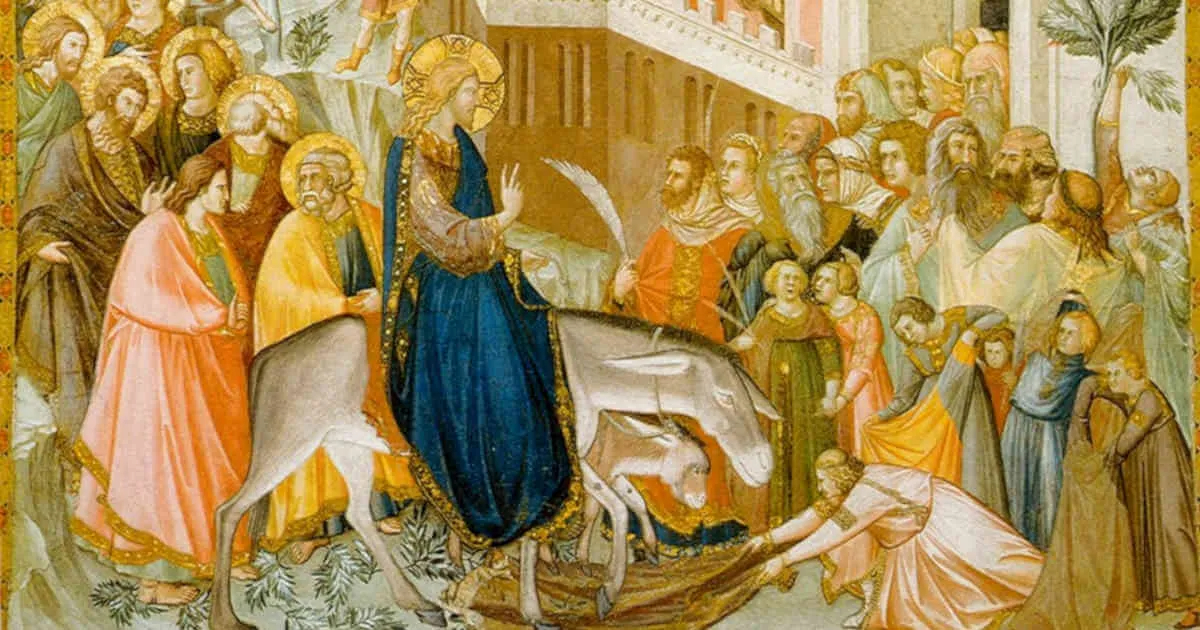

You must be logged in to post a comment.